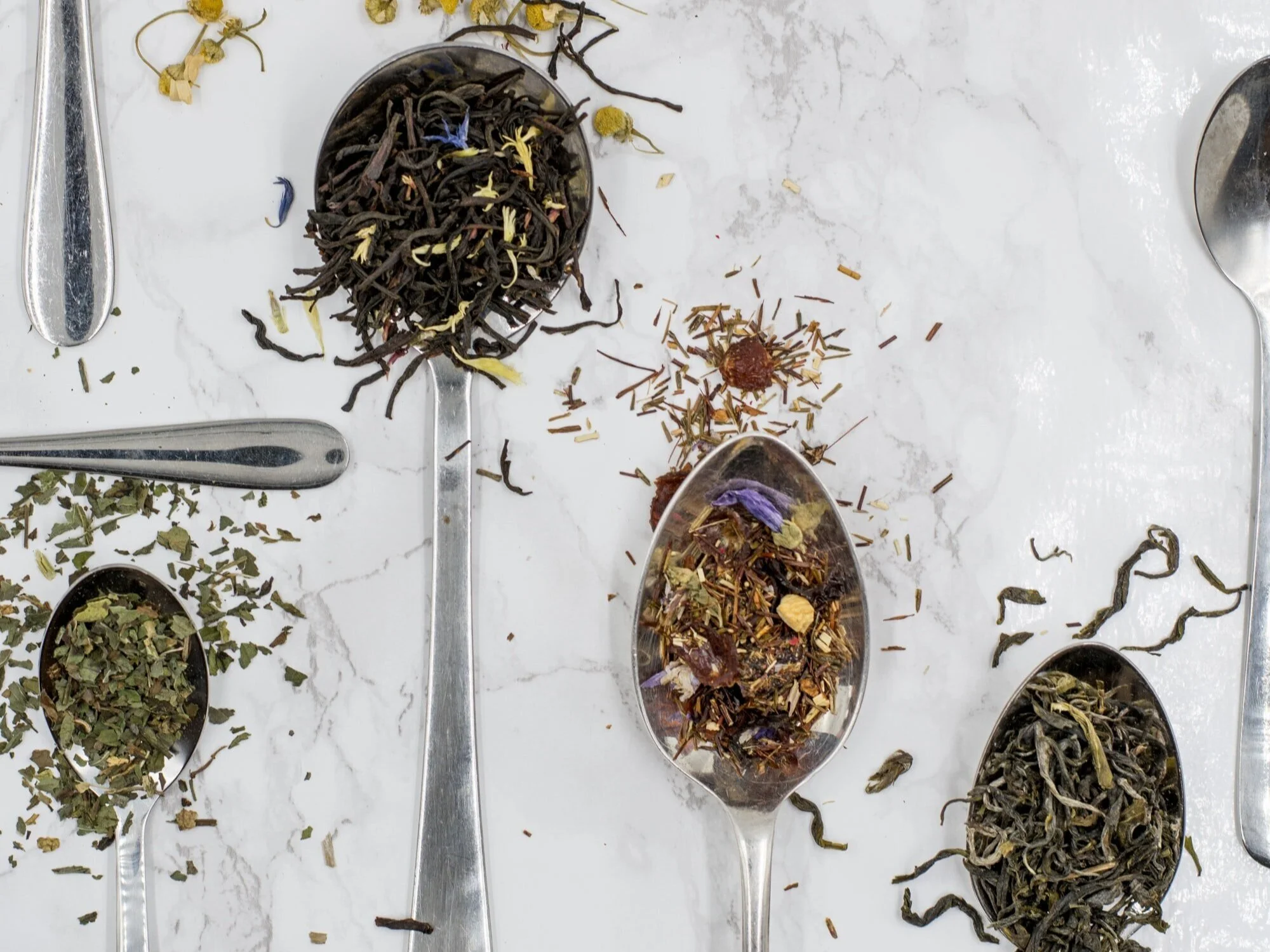Practical Suggestions for Early Postpartum
Photo courtesy of Stephanie Matthias
Stephanie Matthias, LA-based postpartum doula, @radiantwoman_
Care providers spend so much time focused on women during their pregnancies. After birth the focus shifts quickly to the baby. New mothers in the U.S. typically only have a 15 minute postpartum check up six weeks after giving birth; those too-short appointments most often consist of our OB/GYN giving us the OK to have sex and making sure we have proper birth control. Perhaps there is a short mental health survey, too.
So many other countries across the world put a lot more care into this fragile time, especially in support of the mother, who just grew an entirely new organ (the placenta) and an entirely new person - and then birthed both. Hormones are out of whack, organs are moving back into place - the body (and mind!) are in an intense state of healing and recovery.
We asked Stephanie Matthias, an LA-based postpartum doula, to share some really practical suggestions for how to prepare for the postpartum period:
Lean into your village
When people in your life ask you if you need anything, say yes.
Allow friends and family to show up for you and take care of you.
Ask a friend to set up a meal train.
If you have older children, have some playdates and babysitting scheduled for them ahead of your birth.
If you start feeling isolated or overwhelmed, ask a friend to come over.
Don’t be afraid to give visitors jobs! Most people want to help and will be grateful for direction.
I recommend putting a trusted friend in charge of organizing this: create a job list on a whiteboard and set it up somewhere very visible. Anyone who wants to come and visit you and the baby should also sign up for a job while they are there. These jobs can be anything from doing dishes or laundry to taking your older child out for an ice cream.
Consume the highest quality food and water possible
After birth, your body needs to replenish everything it gave to grow and birth your baby. Taking care of your body is not a luxury, it is a necessity. I can’t stress that enough - eating well, drinking enough water, and getting rest will enable you to care for your baby. As a human, you deserve to be nourished, healthy, and well.
I believe that food is medicine and consider it one of the cornerstones of healing quickly and thoroughly. I also believe that the health of the mother is essential to the health of her newborn. Eating well is not just for breastfeeding mothers - though that population is more vulnerable to depletion - and it is not just about your baby. Eating well is for YOU. You need to be nourished. You need to be nurtured. You need to be fed. You need to be revitalized, healed, and replenished so that you can flourish not only as a mother, but as a person.
Eating high-quality, warming, and nourishing foods - especially organic and natural foods as much as possible - allows you to continue to take care of your body after birth. Protein is important to the speed and effective repair and replenishment of body tissue, so do your best to incorporate iron-rich, blood-building foods into at least two of your daily meals, especially while you are still bleeding. Consider foods like liver, red berries, red meat, dark and leafy greens, soups, stews, broths, nettle tea, red beans, sesame, and tahini. Drink water abundantly throughout the day to help with fatigue, depression, and constipation. My recommendation: plan to drink ten 8-ounce glasses of water each day.
Alongside the importance of eating well is having an enormous amount of empathy for how overwhelming it can feel to feed yourself properly during those first few weeks and months. I can’t tell you how many women I’ve worked with who feel like it’s an accomplishment to even remember to have three meals a day, let alone a nutritionally balanced meal. I advise my clients to try to have a week or two of meals planned out before the birth - this can be a combination of meals in the freezer and food you know that friends and family are going to be dropping by. You can also hire a postpartum doula to come in and make food for you.
Practice empathy
Exhaustion coupled with learning something new (how to take care of a newborn while still functioning yourself) can be really hard and really frustrating. I urge all new parents to practice empathy, compassion, and kindness for themselves and each other through the process. Give yourself, and each other, the benefit of the doubt. Remember that this is temporary!
Stay off social media, particularly if it’s a trigger for you
My advice is to stay off social media as much as possible during the first few weeks - and beyond if you’re feeling particularly sensitive or protective. It can be really difficult to see your friends doing fun things without you or to see idealized images of motherhood. If you do participate in social media, be mindful of how you’re engaging with it energetically and remember that what you’re seeing is a very curated version of a person’s life.
NO GOOGLING. I can’t tell you the number of texts I’ve received from new moms at 11 pm, who have become convinced that their baby has a terrible disease. Google is not your friend. If you have a concern, please speak with your care provider. If you need to talk through a situation, seek out a partner, a friend, a family member, a doula [or Akin!] - anyone other than Google. You will only end up stressed and upset if you turn to Google - and likely for no reason.
Set boundaries
Be mindful of who you invite to spend time with you in the weeks immediately following your birth.
Surround yourself with people who make you feel protected, honored, respected, and nurtured
The postpartum is a time for you to be preserving and pulling energy into yourself, not giving it out to family and friends. Others should be nurturing you.
Your postpartum time can look however it needs to look for you to be happy and well.
If that looks like staying home for 40 days, taking placenta pills, eating oatmeal every morning, or co-sleeping with your baby, do that. If it looks like putting your baby to sleep in the SNOO and having a glass of wine at 6 pm, do that. If it looks like getting together with girlfriends for dinner at your favorite restaurant before you’re “supposed to” be out and about, do that. If it looks like supplementing with formula because breastfeeding is either challenging or just something you don’t want to do, do that. If it looks like taking meds because your mental health is on the edge, do that.
I believe in happy moms. Happy moms make happy, well-adjusted children who have their needs met. If parents’ needs aren’t met, it’s really difficult for them to fully meet the needs of their children.
There is a lot of pressure these days for postpartum and parenthood to look a certain way or be a certain way. That is so damaging for all of us because there is no one size fits all approach. We are dynamic, wonderfully complex, and imperfect beings and our parenting experiences reflect that. And that’s ok!











